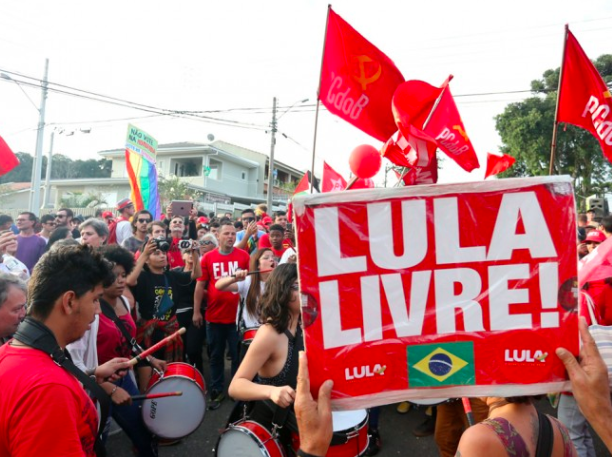https://www.americasquarterly.org/content/why-lava-jato-leaks-are-bad-news-brazils-opposition
BY OLIVER STUENKEL | JULY 18, 2019
Revelations about prosecutors’ bias and rule-breaking could prevent the opposition from renewing itself.
SÃO PAULO – Ever since Jair Bolsonaro’s election as president last October, Brazil’s opposition has been in tatters. Reeling and unable to respond to the president’s rapid-fire absurdities, left-of-center parties have been largely transformed into spectators. Cabinet infighting and Bolsonaro’s behavior have dominated headlines, and led to growing discontent among moderates over the president’s style of governing. But a leaderless opposition has failed to articulate its own competing narrative.
Recent events suggest this trend will continue – and that in the opposition’s struggle to find a new identity, hardliners will have the upper hand.
Take Congress’ approval of a pension reform bill last week. Given the urgent need for reform, a few members of the opposition, among them 25-year-old moderate Tabata Amaral, broke with their parties and supported the bill. Amaral, for one, was vilified as a traitor by the radical left and may yet be expelled from her party – despite clear evidence that a majority of voters supported the reform.
But if the opposition turns its back on moderate voters, it does so at its own peril. Bolsonaro’s victory cleared a path for Brazil’s left to regain its footing and recover its ability to set the political agenda. But that will require a change of vision. Specifically, the Workers’ Party (PT), the largest and still most relevant opposition party, needs to make peace with its recent past. A sweeping apology for past corruption (going…
Read full article here.










